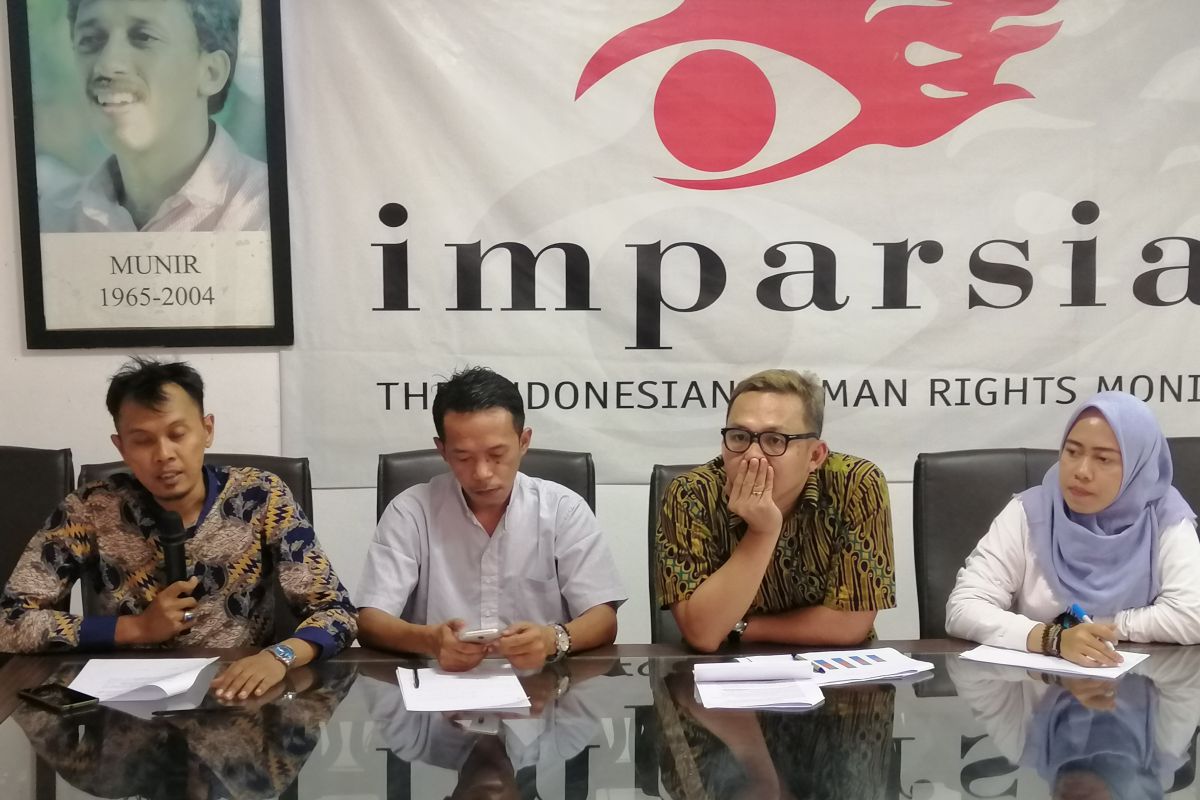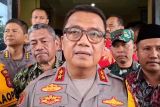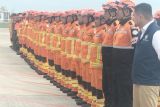The trend was a setback to the reformation movement, whose one agenda was to cut off the armed force's interference in public office, the watchdog believed.
"The National Armed Forces of Indonesia (TNI), the main actor in the country's defense, must focus only on cracking down on military threats in accordance to the Law of National Defense and Law of TNI," the watchdog's deputy chief, Gufron Mabruri said while delivering his views at the commemoration of TNI's 74th Anniversary at Imparsial's office in Jakarta.
However, the watchdog believed that in the past years, the military has asserted itself outside of its domain. For instance, the military had started supporting the national police duty on cracking down on home-grown terrorists. They had also cooperated in launching non-military operations with some ministries and public offices.
At least 30 MoUs on some technical cooperation had been signed in the past years between the military, ministries, and public offices. For the watchdog, these MoUs had violated the law.
"The laws regulated that any military operations outside wars must be authorized by the President," Mabruri remarked.
If there was no action taken by the Indonesian government and the House of Representatives members on the issue, the military might have larger control over civilian's lives, which in the future, would harm the country's democracy, Imparsial said.
Therefore, the watchdog urged the Indonesian government and the lawmakers to formulate a law that further regulates the role of the military in the lives of civilians. The law was necessary to confine the troops to the military institutions.
Baca juga: Indonesia facing multi-dimensional threats : Minister








